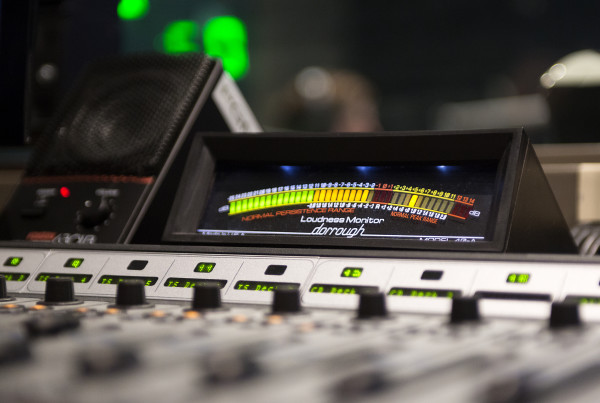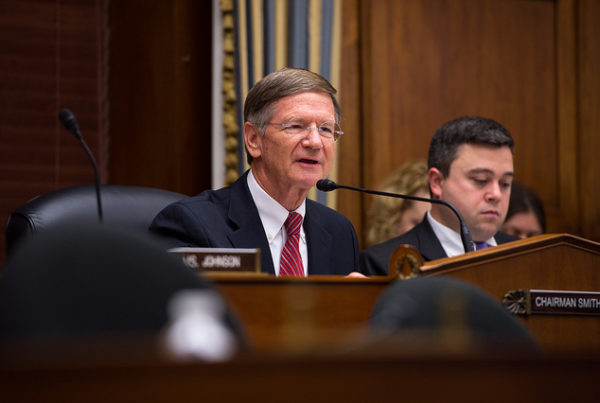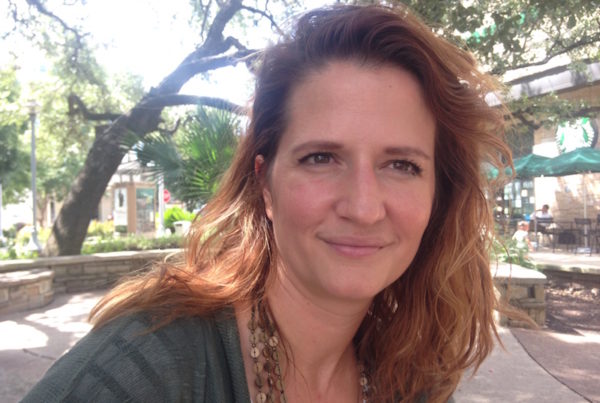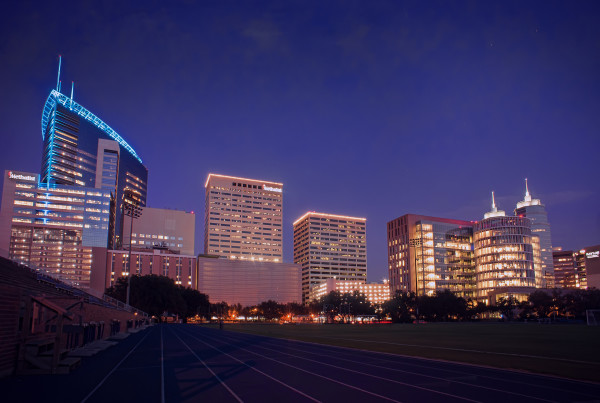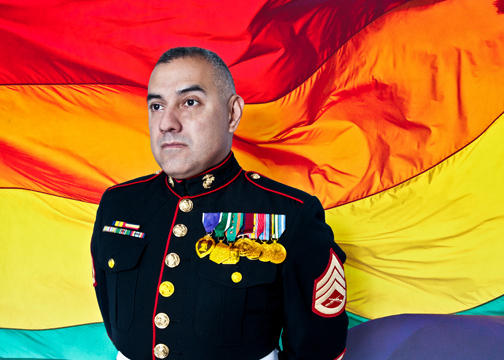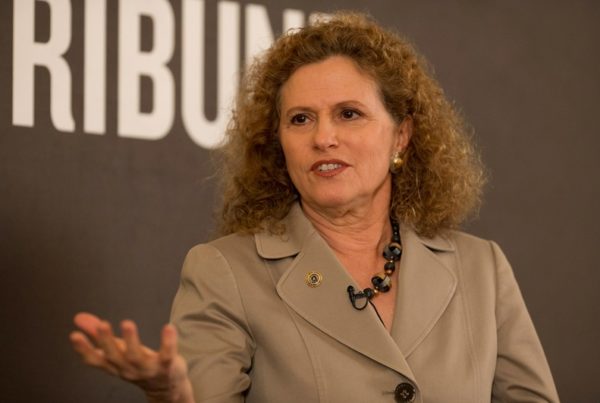Russian hackers, emails, tax returns, pneumonia – no one would blame you for being burned out on the election before summer’s even over.
But what will election fatigue mean come November 8?
Victoria DeFrancesco Soto, a government professor at the University of Texas at Austin, says some of the frustration is specific to this election between two “problematic” candidates, Hillary Clinton and Donald Trump.
“They both have a lot of baggage,” she says. “They just are not connecting with voters. They’re not inspiring passions like we’ve seen in the past. With regards to Donald Trump, we see a lot of negative emotion, but not a lot of feel-good, positive emotion.”
This election has been going on for nearly two years, DeFrancesco says, a trend that may end up making every Presidential election last two years.
“What we’ve seen over the last couple of cycles is the election get farther and farther stretched out,” she says.
Voters can range from apathy – “I don’t care” –to antipathy – “I hate this candidate/party/system.” Some voters disengage while others mobilize to action, in some cases motivated by anger.
“Underlying both antipathy and apathy is frustration,” DeFrancesco says. “One of the few things Democrats and Republicans can agree on is frustration at the political world, frustration at the political class… Truth of the matter is, campaigns like that mobilization that comes out of antipathy – they want to harness it. The trick is to do it in their favor.”
DeFrancesco says anger motivates people during elections, but it’s not sustainable.
“You can’t sustain a democracy and you can’t make policy on anger alone,” she says. “When you govern, you need cooperation and you need goodwill.
Post by Hannah McBride.




